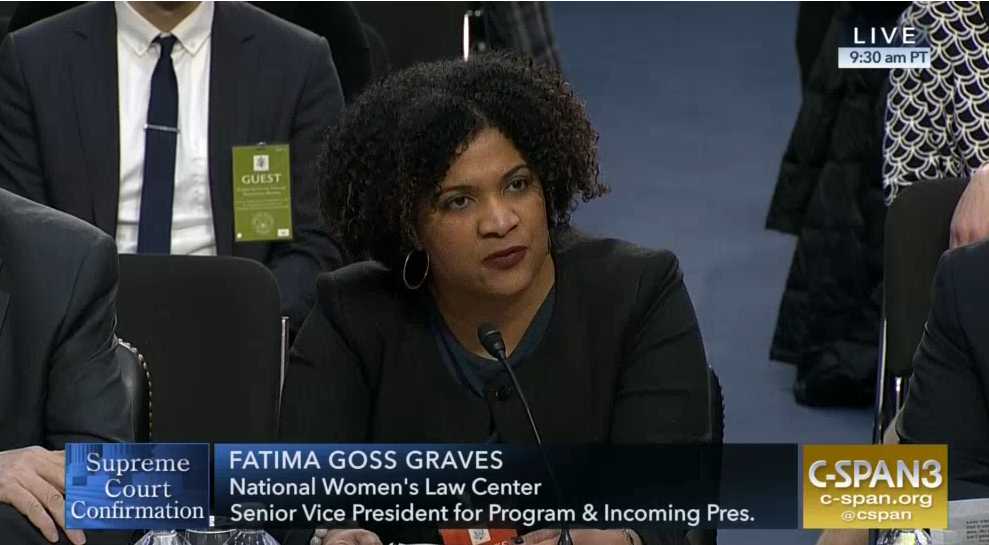State of Uncertainty: SCOTUS Decision on DACA

Three years ago, the Trump administration announced its intention to rescind the Deferred Action for Childhood Arrivals (DACA) program. This program brought hints of normalcy and stability to the lives of 700,000 individuals, including myself. That day, I surrounded myself with friends who were also overwhelmed by the wave of fear and uncertainty that came with this announcement. I was furious that my livelihood and humanity seemed attached to a work permit card. As the case went through the courts, eventually being taken up by the Supreme Court, I was exhausted by immense fear most days. An end to the program meant an end to many things in my life.
With each decision day flying by without an answer, I was starting to create emergency plans in order to prepare myself for a life without a work permit. I had a countdown over my head with the days left until my permit expired. Recently, on June 18, the Supreme Court ruled against the Trump administration’s decision to rescind the DACA program with a 5-4 opinion stating that the administration broke the law in the way that it ended the program. The Court said the law requires agencies to consider a variety of options, the potential impacts of those options, and then provide careful reasoning about the decision they make when deciding whether to take action. The agency must share that reasoning when the decision happens, not after. The Supreme Court said that the administration failed to consider other options that wouldn’t produce such harm on the lives of 700,000 people, including their children, schools, employers, and communities. The Court concluded that the administration didn’t give a sufficient reason for completely ending the program when it made its decision, and the administration’s attempt during litigation to come up with more reasons for the decision didn’t cut it.
I was numb after reading the news as it popped up on my phone, but then felt a huge wave of relief hit me. Immediately after, I felt conflicted. I wanted this to give me the hope that I’ve been searching for during these tough times, but it still didn’t feel right to call it a complete win. The Supreme Court didn’t say that an administration can’t end DACA—they said that the Trump administration just didn’t follow the right procedure. Make no mistake, the attacks on the immigrant community will continue. Merely a few weeks after the SCOTUS decision, the Trump administration has already announced its intentions to refile paperwork to rescind the DACA program again. So, the threat still exists.
DACA has been a band-aid solution and a pathway to citizenship shouldn’t be the only end goal—we cannot settle for piecemeal reforms. We would continue to be criminalized and abused by racist policies and structures even if we were citizens. The COVID-19 public health crisis has exposed the inequities in systems that disproportionately harm Black and brown communities no matter their immigration status. In response to the terror brought on by the same systemic racism, the Movement for Black Lives has put forth demands that will place communities on a path towards liberation and healing. We can celebrate this small victory, but the work continues to fully respect and recognize our contributions to the nation and allow all of us equal rights within the law and beyond.




